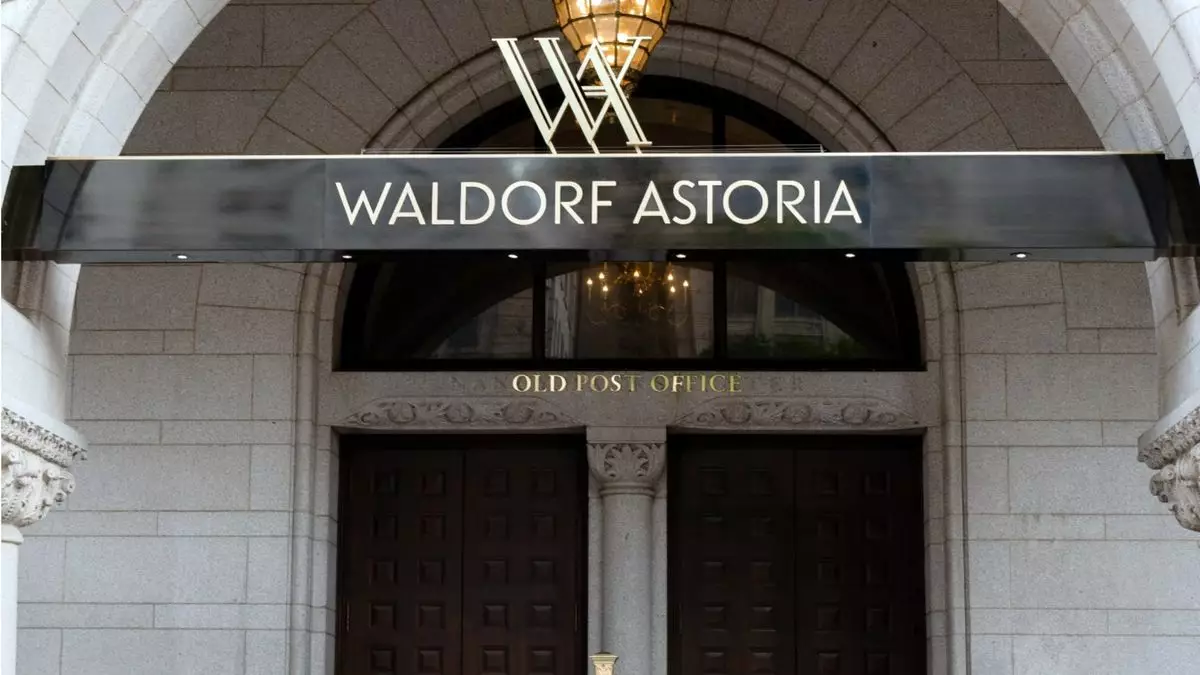Recent revelations indicate that the Trump Organization is in the initial phases of negotiating to reclaim its lease on a prominent property in Washington, D.C. This location was formerly known as the Trump International Hotel but has since transitioned to operate under the Waldorf Astoria brand. The Wall Street Journal provided insights into this development, highlighting that Eric Trump, the organization’s executive vice president, recently convened with a senior executive from BDT & MSD Partners at Mar-a-Lago. The objective appears to be centered around acquiring the lease rights to the property, a significant move considering the hotel’s historical relevance and political backdrop.
The intricate layers of lease ownership reveal that the Trump Organization sold the hotel’s lease to CGI Merchant Group in 2022. However, in a series of unfortunate financial circumstances, CGI defaulted on the lease in 2023, which led to a foreclosure. BDT & MSD Partners now hold the lease, marking a pivotal shift in ownership dynamics. The complexities of this transaction reflect broader implications not just for the Trump Organization but for the hospitality industry and political players in D.C. The hotel, since reflagged under Waldorf Astoria, has retained high-profile status but has faced scrutiny that could influence its operational future.
The hotel complex occupies the historic Old Post Office building and opened in 2016, showcasing a grandeur that made it a significant fixture for Republican lawmakers, lobbyists, and various stakeholders during Donald Trump’s presidential tenure. The estate features some of the city’s largest guest accommodations, ranging from a lavish 4,000-square-foot Presidential Suite to the bi-level Waldorf Townhouse, designed to attract high-rolling patrons and significant events.
In addition to its expansive rooms, the establishment houses distinguished dining options, including The Bazaar by acclaimed chef Jose Andres and the Michelin-starred Sushi Nakazawa. Beyond dining, it offers vast event spaces and a lavish spa, elements that contribute to its allure in both the political and social realms.
This potential acquisition underscores the complex relationship between business interests and political affiliations, raising questions about the ethical considerations surrounding the Trump Organization’s return to prominence in D.C. While the hotel’s luxurious amenities and historic ties could serve as tools for re-establishing Trump’s presence in the hospitality sector, public perception remains a critical factor after the previous controversies tied to the property.
The Trump Organization’s tentative steps toward reclaiming the lease call for a careful examination of not only the business ramifications but also the ethical landscape in Washington. As the negotiations unfold, the eyes of the public and political analysts will undoubtedly focus on the intersection of business and governance, assessing how this development might reshape the hospitality industry in the capital.


Leave a Reply